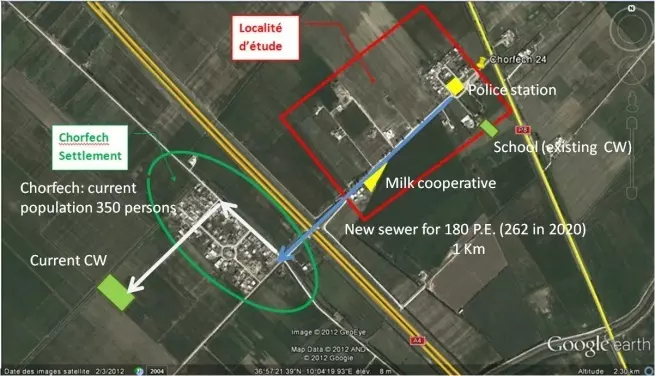SWMED
SWMED (Sustainable domestic wastewater use in the Mediterranean Regions) wanted to promote a sustainable policy in terms of water demand and sanitation for Mediterranean countries. The aim was to reduce the water withdrawal and to improve the quality status of water bodies. SWMED involved 8 partners from 4 countries (Italy, Malta, Tunisia and Palestine): (i) organizing "water tables", which gathered hundreds of stakeholders from different groups (local autorities, universities, professionals, organizations, communities, ONG); (ii) realizing disseminative whorkshops and feasibility studies for 11 areas across the involved countries; (iii) proposing technical factsheers, in order to guide local politicians towards the adoption of sustainable water management solutions. The project was financed by the call ENPI CBCMED (2007-2013) - Priority 2, Promotion of environmental common heritage sustainability at the basin level; Objective 2.1, Prevention and reduction of risk factors for the environment and enhancement of natural common heritage. The project started in 2012 and ended in 2015.
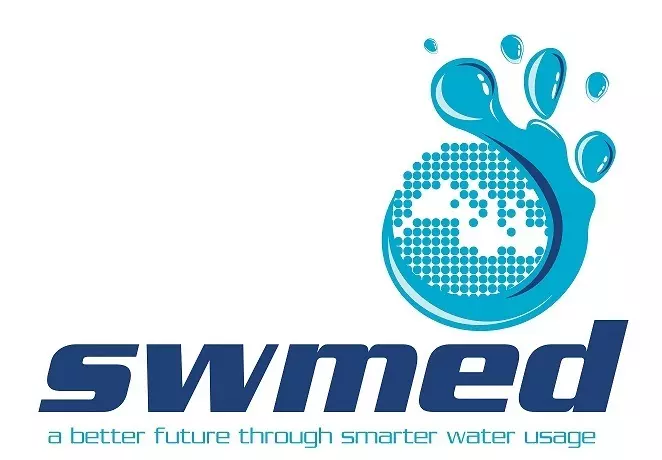
IRIDRA was a partner of SWMED project. IRIDRA was the leader of Work Package 3 - Survey on water/wastewater management, households water consumption and users - and of Work Package 4 - Creation of ad-hoc SWMED solutions for different target areas in all partner countries.
For more details: www.swmed.eu
Caso study - Chorfech (Tunisia)
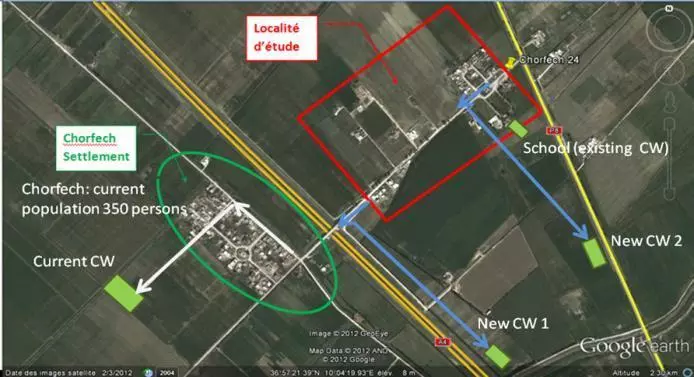 |
|
Analysis of alternatives for the management of wastewater from the Chorfech town in Tunisi
Caso study - Norma (LT - Italy)
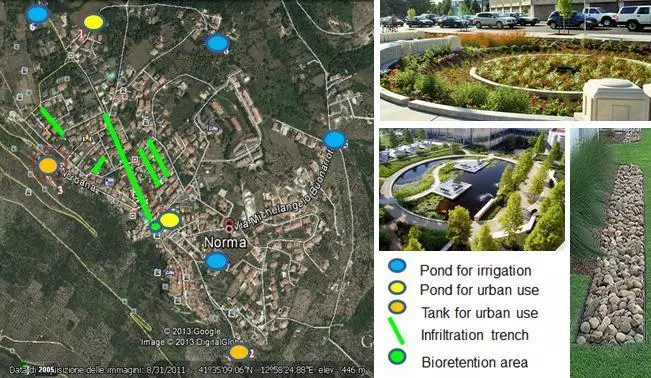
Feasibility study for sustainable drainage systems in Norma (LT)
Case study - Faria (Palestine)
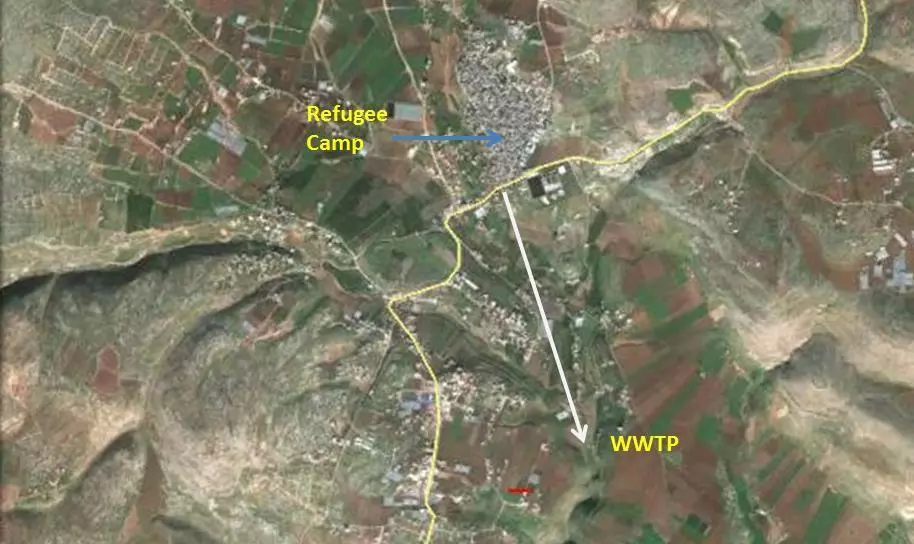 | 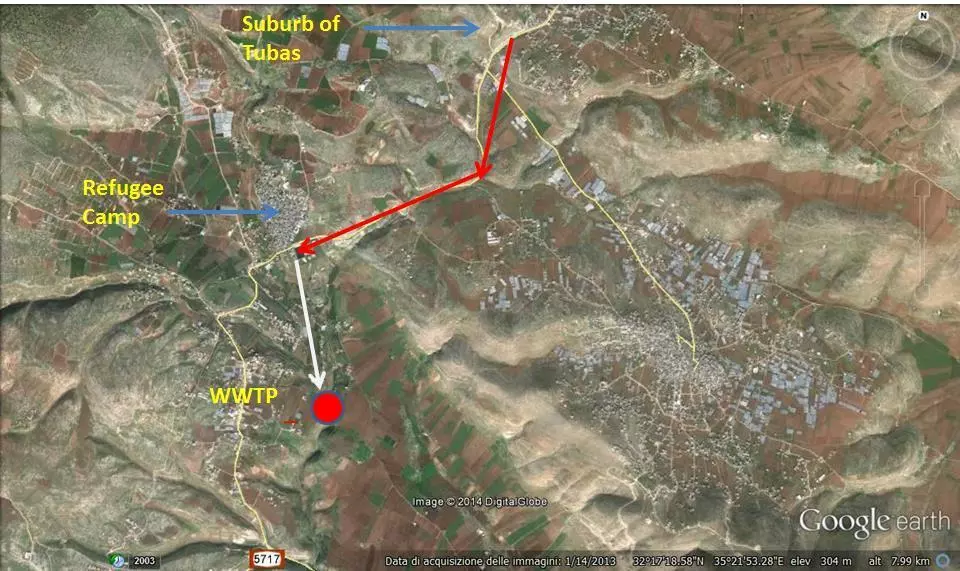 |
Analysis of alternatives for the treatment of wastewater produced by the “refugee camp” in Faria (Palestine)
Case study - Ragusa (Italy)
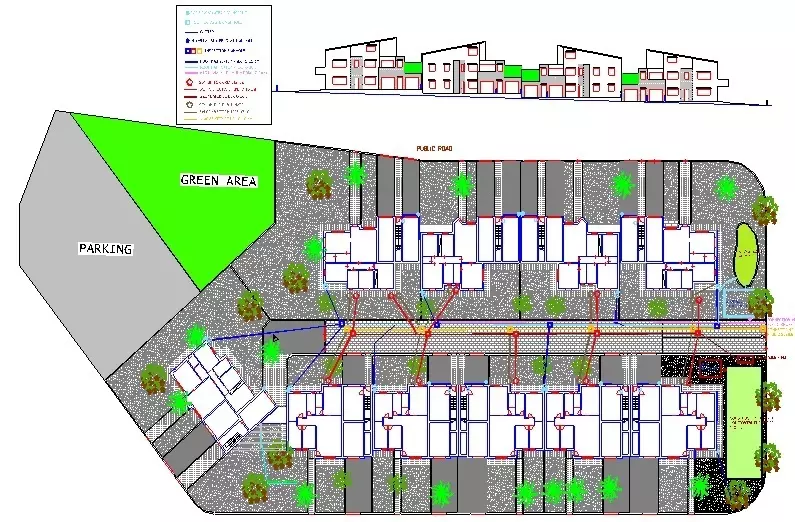
Feasibility study for a sustainable water management of the residential area “cooperativa Soraya” of Ragusa

